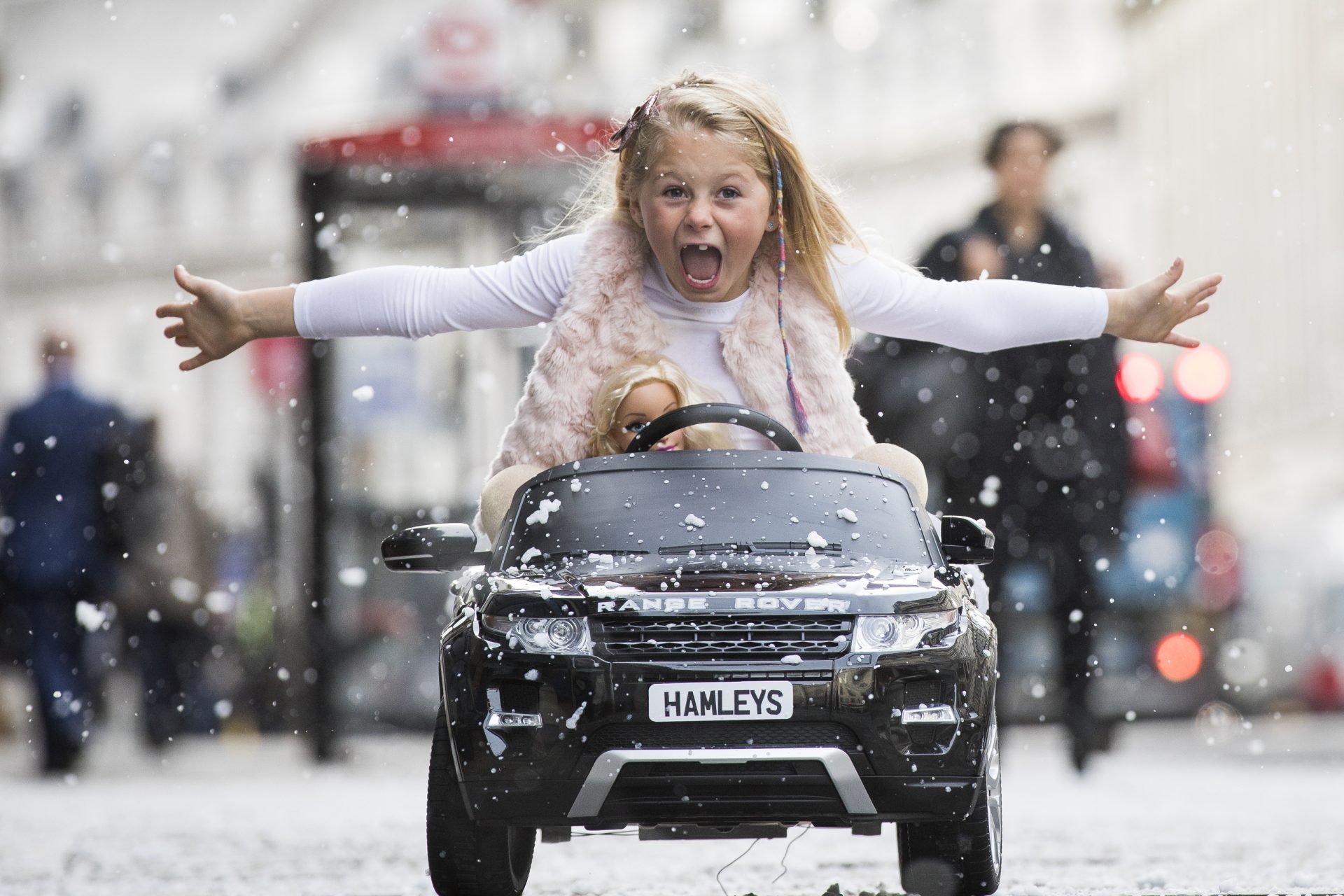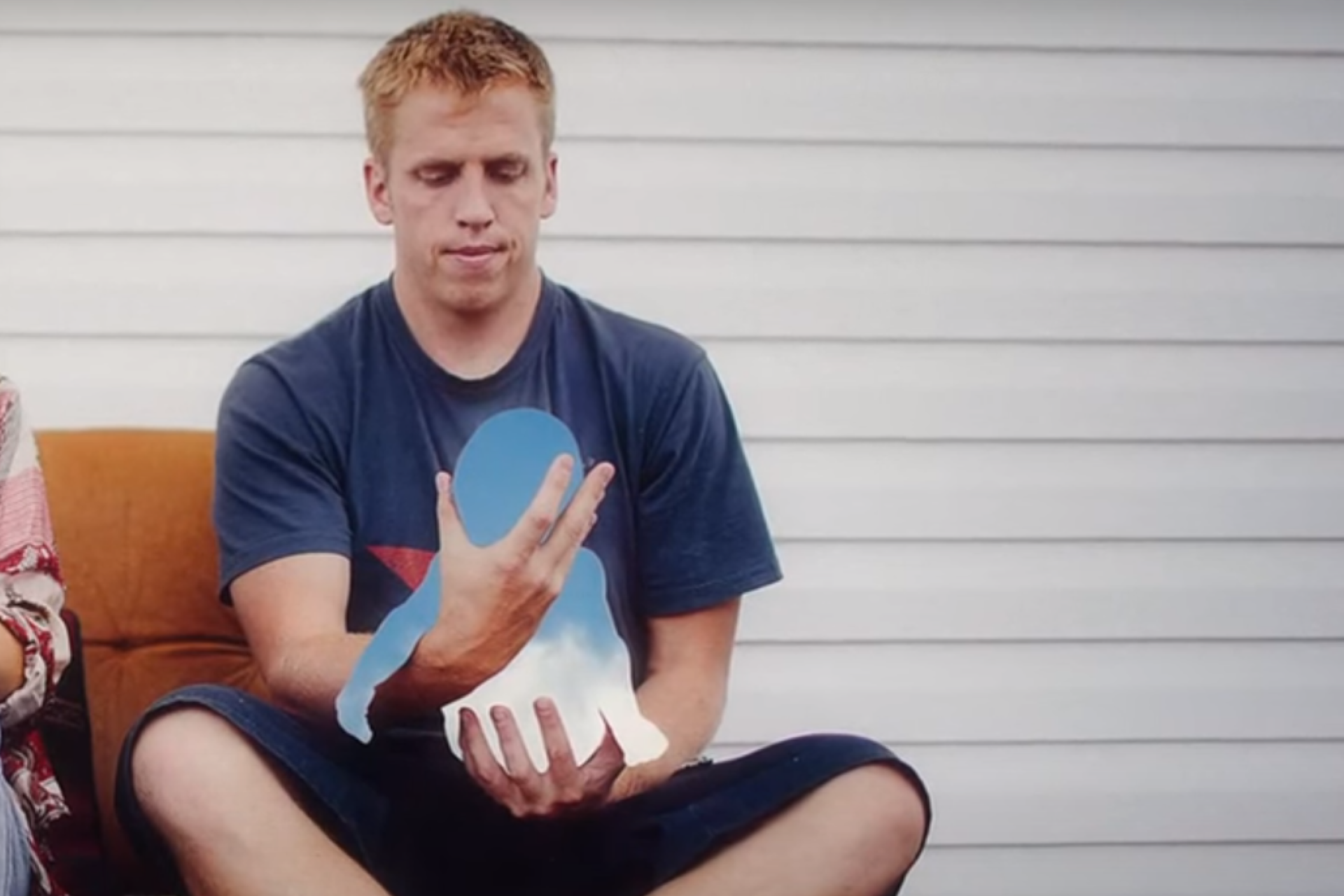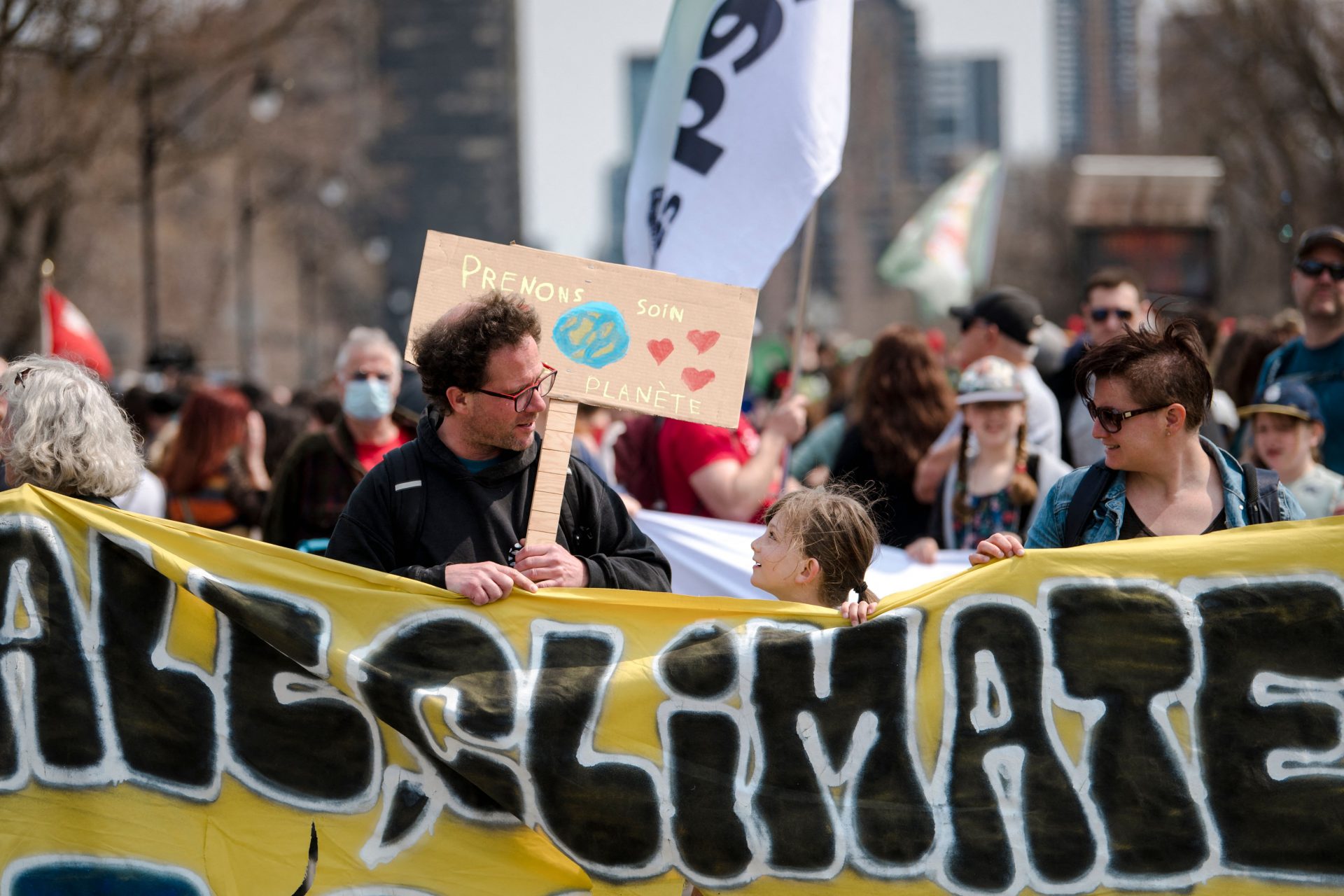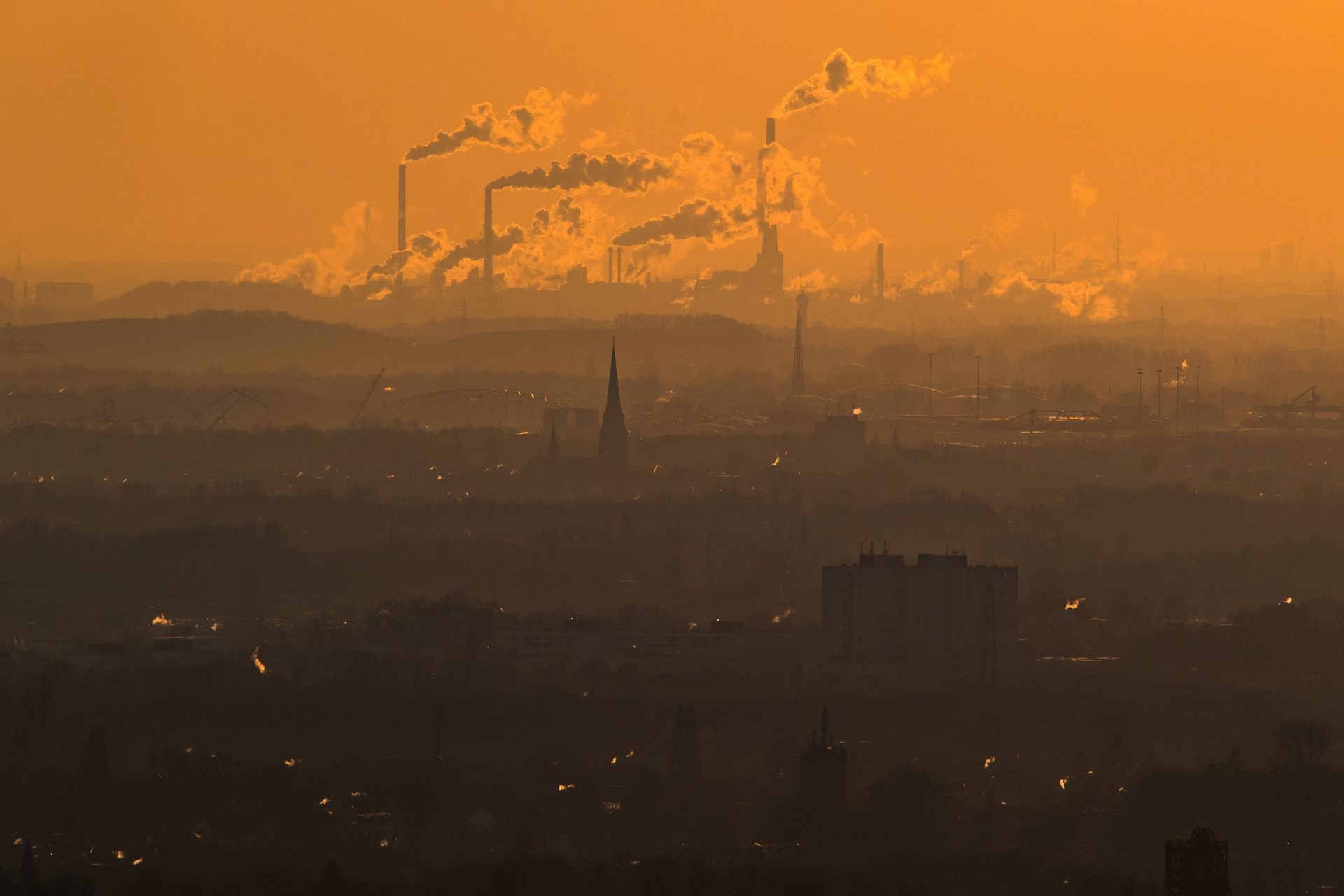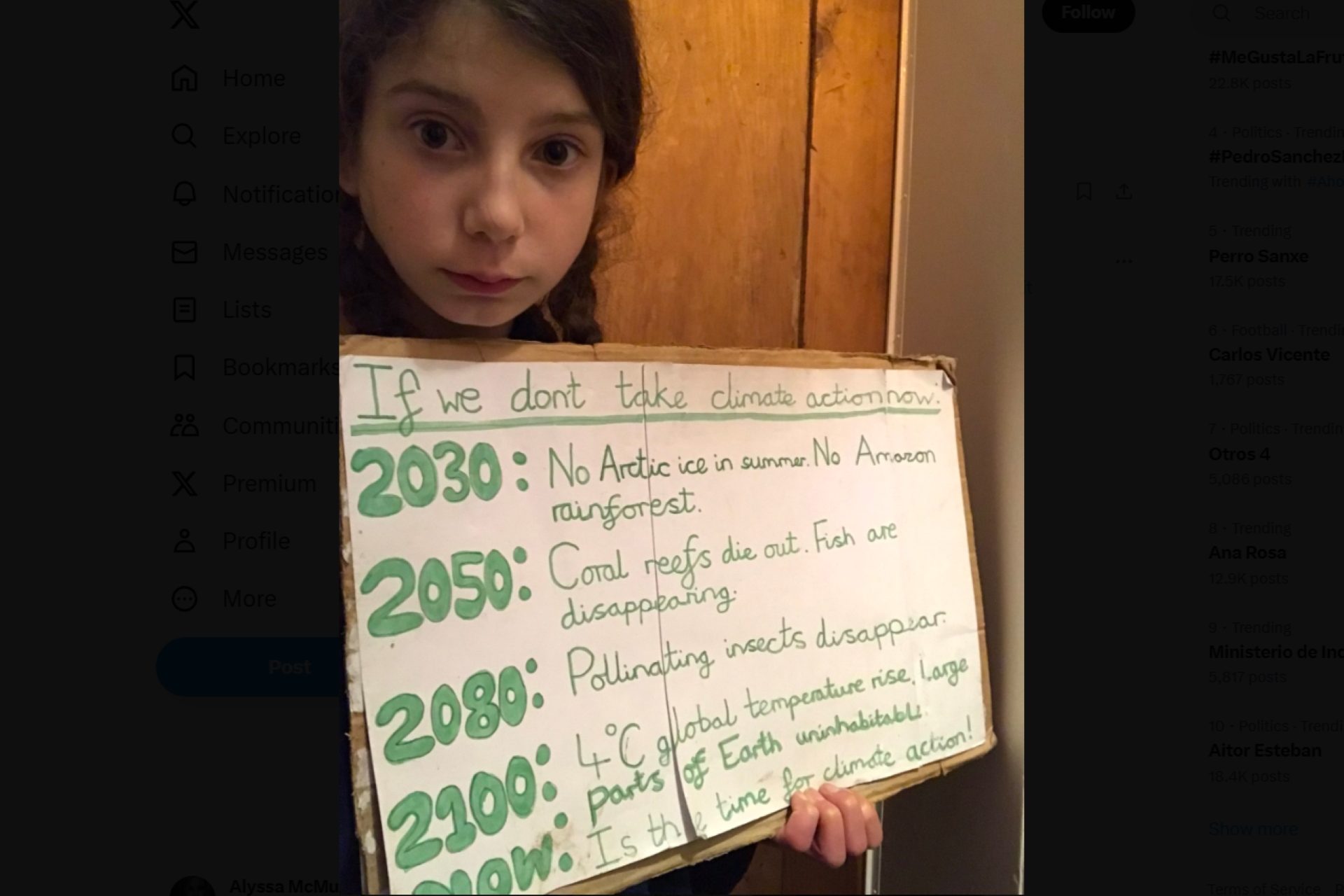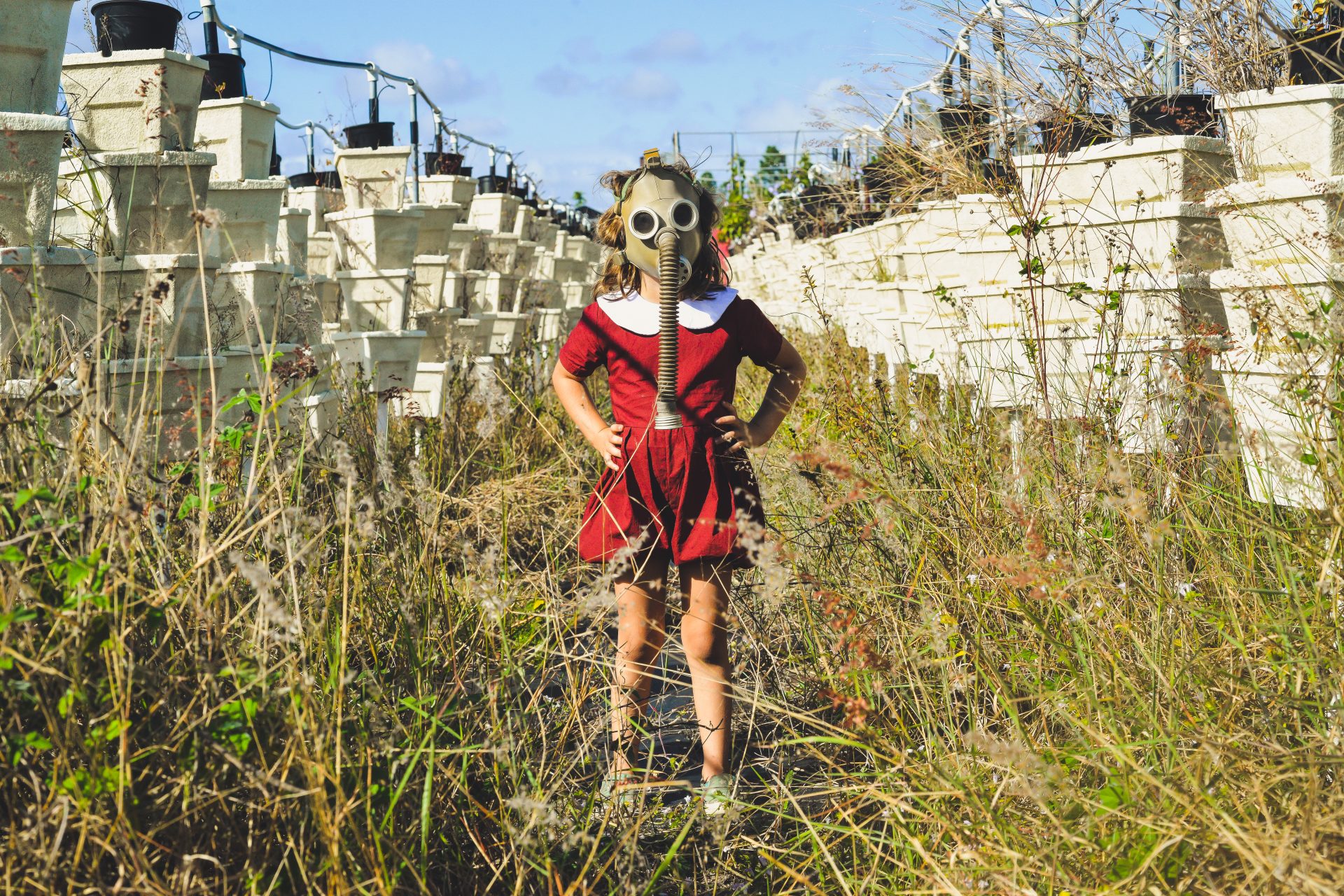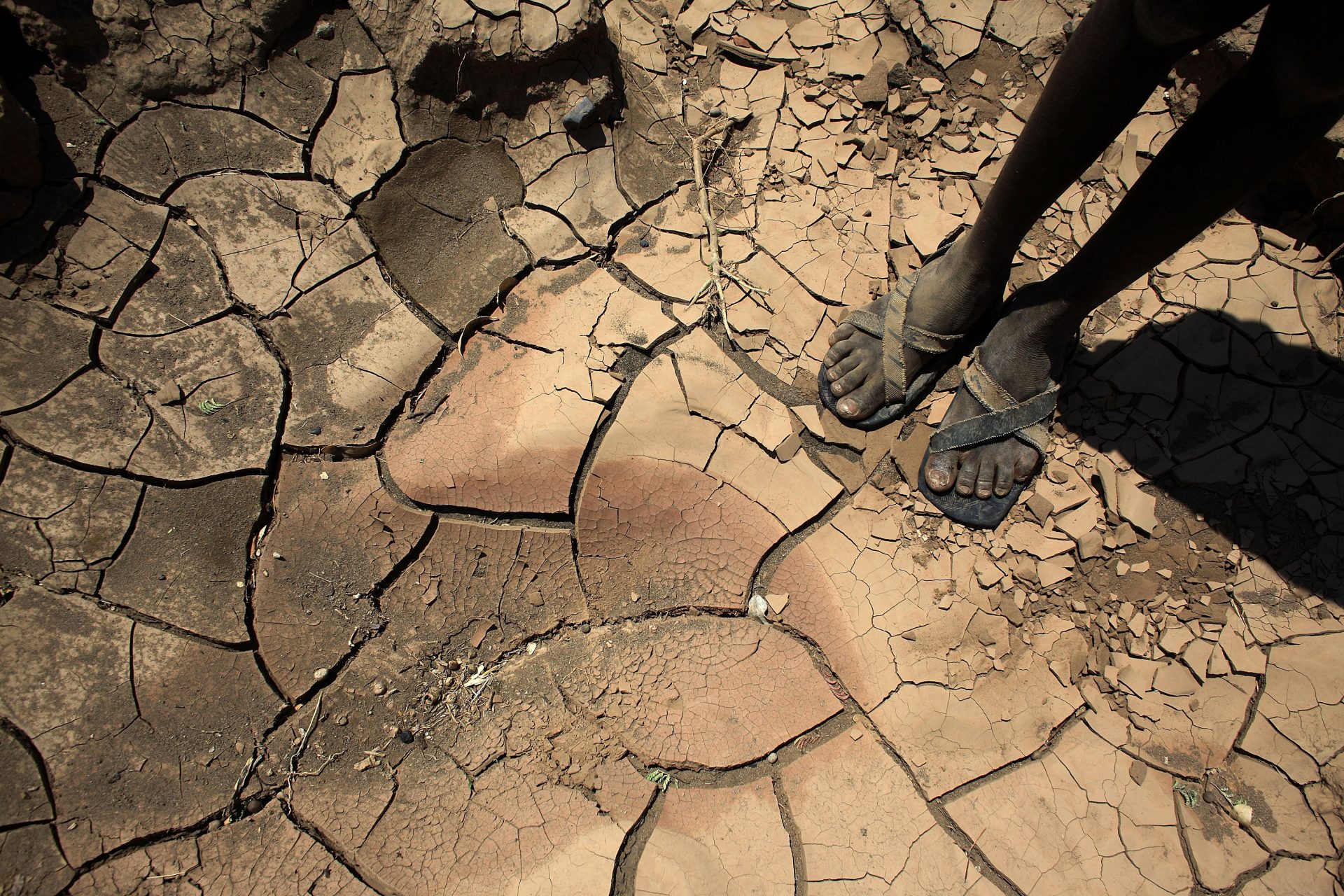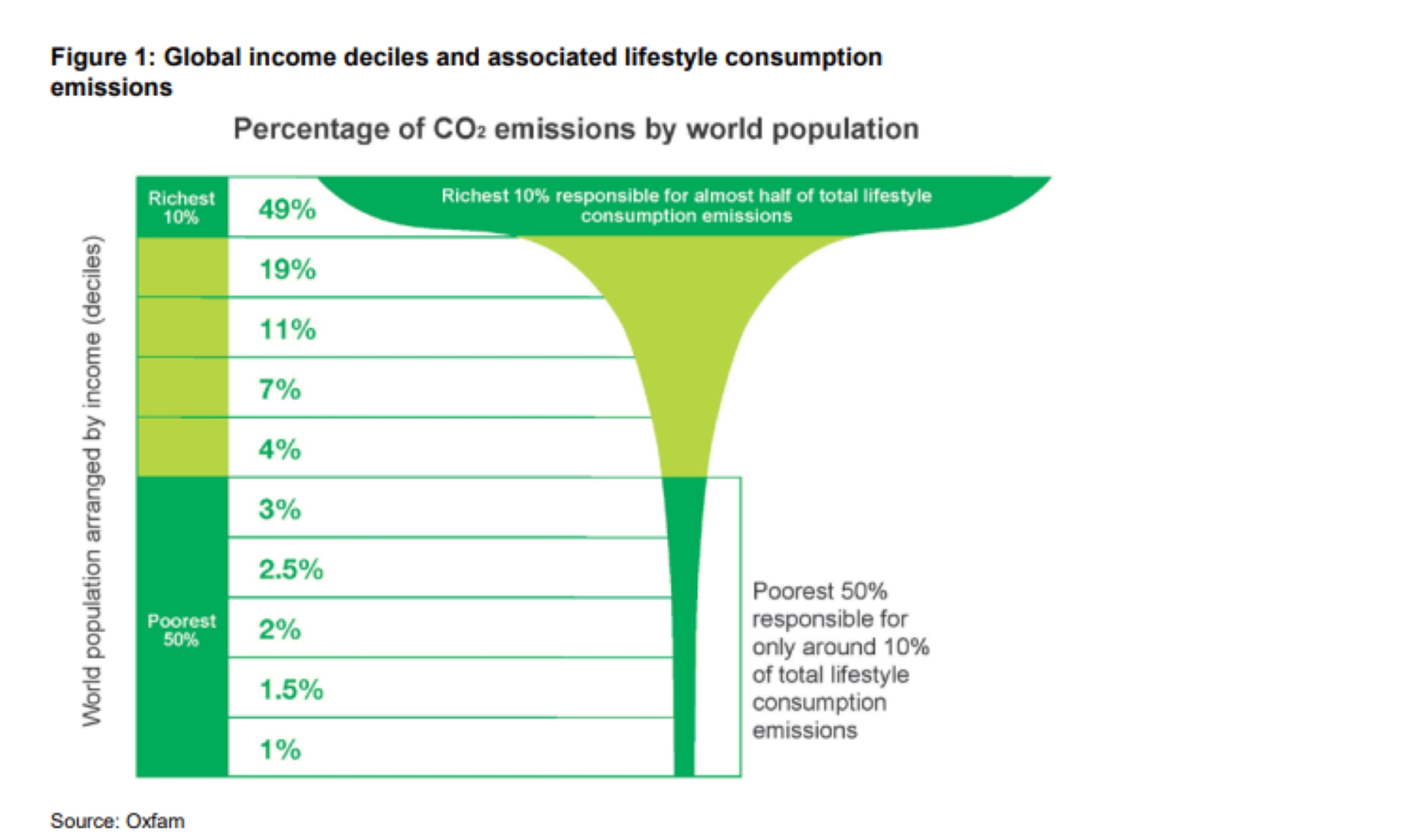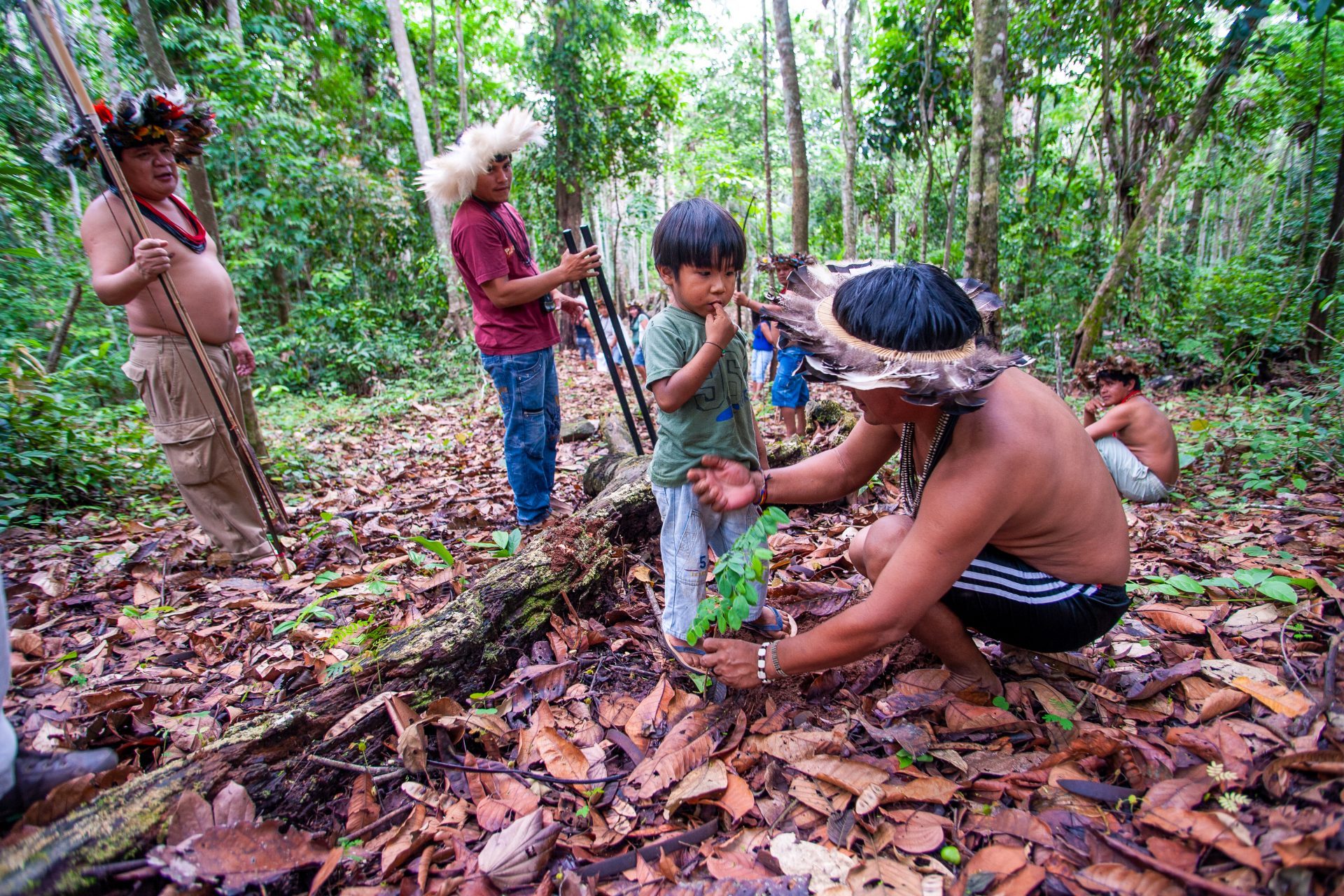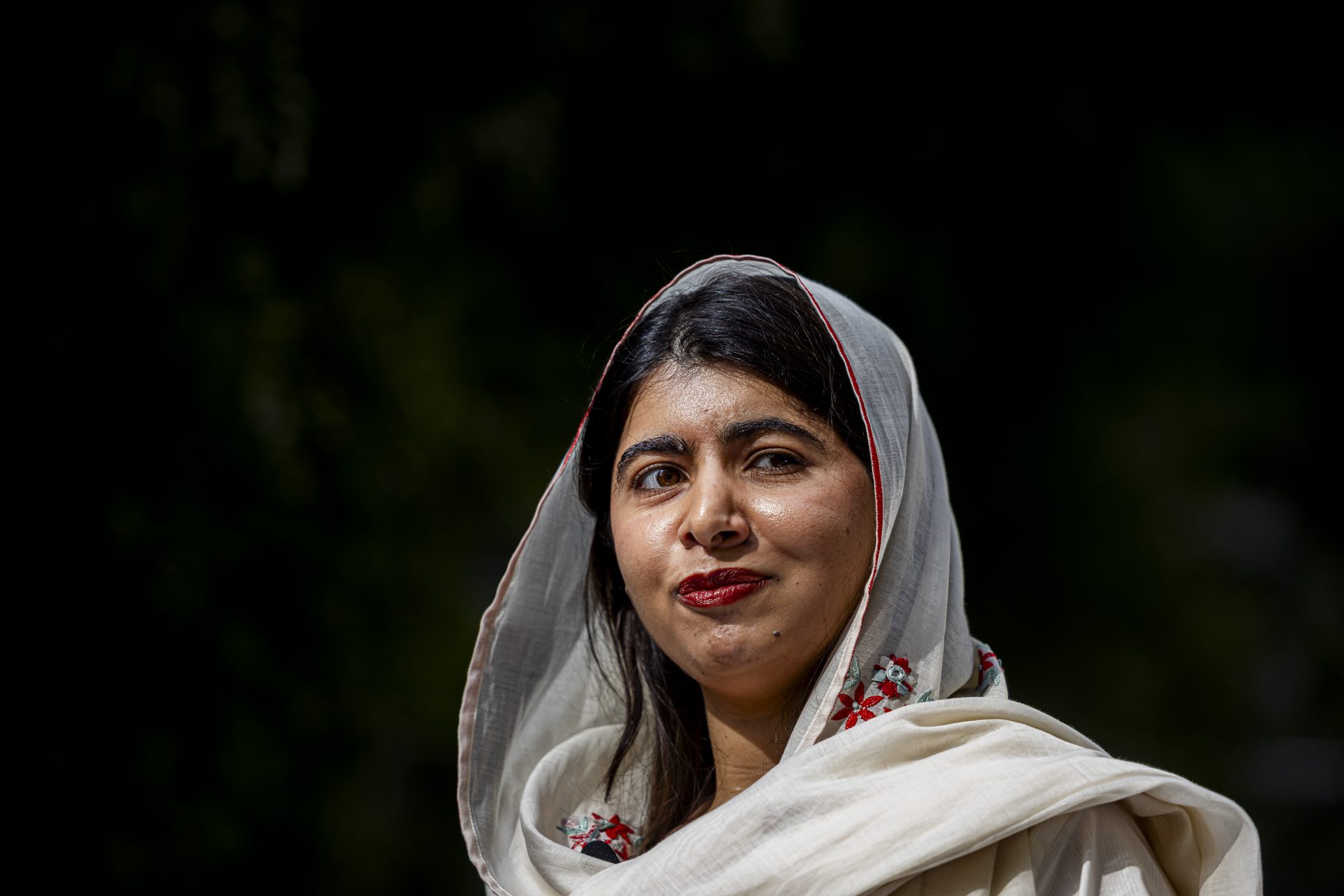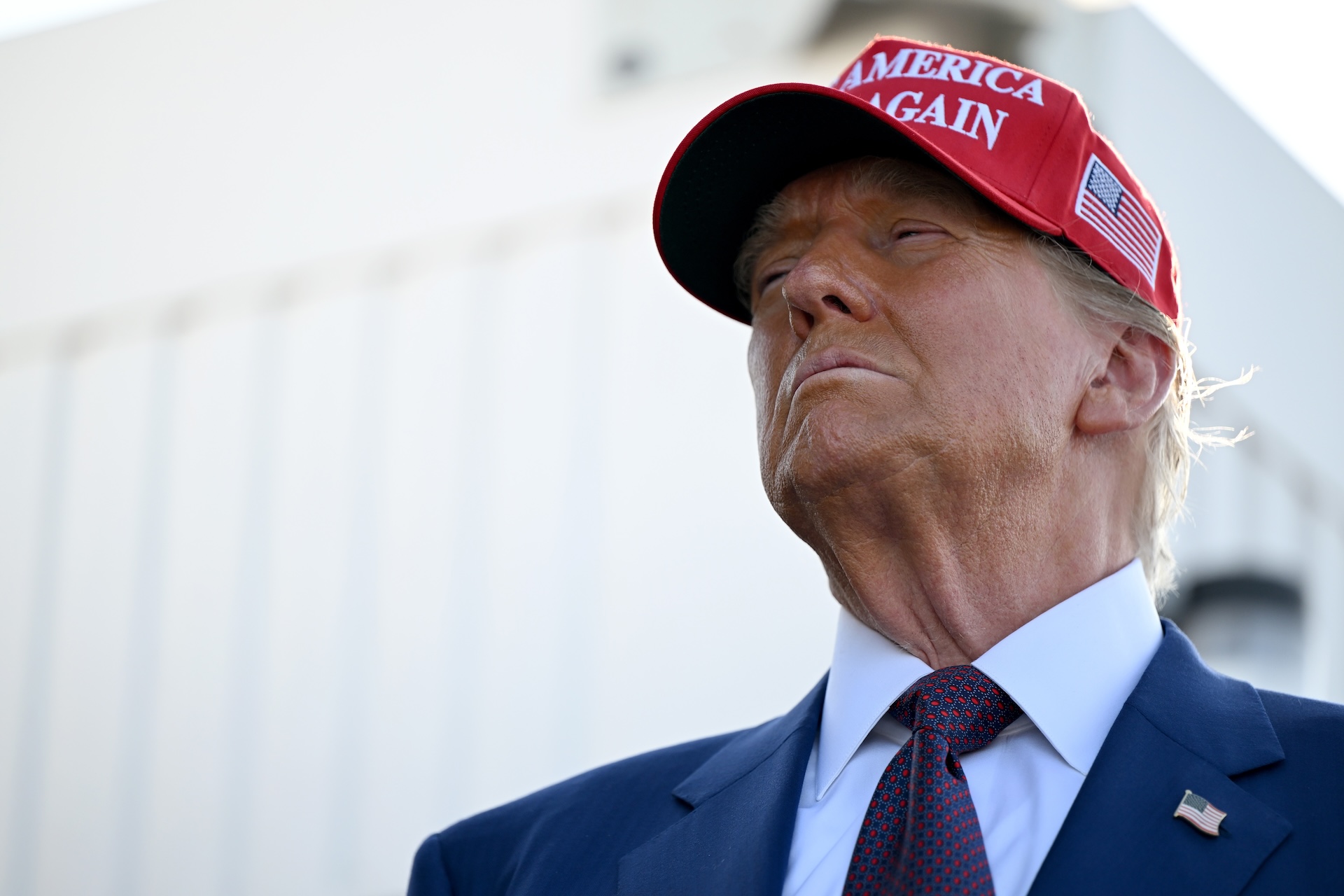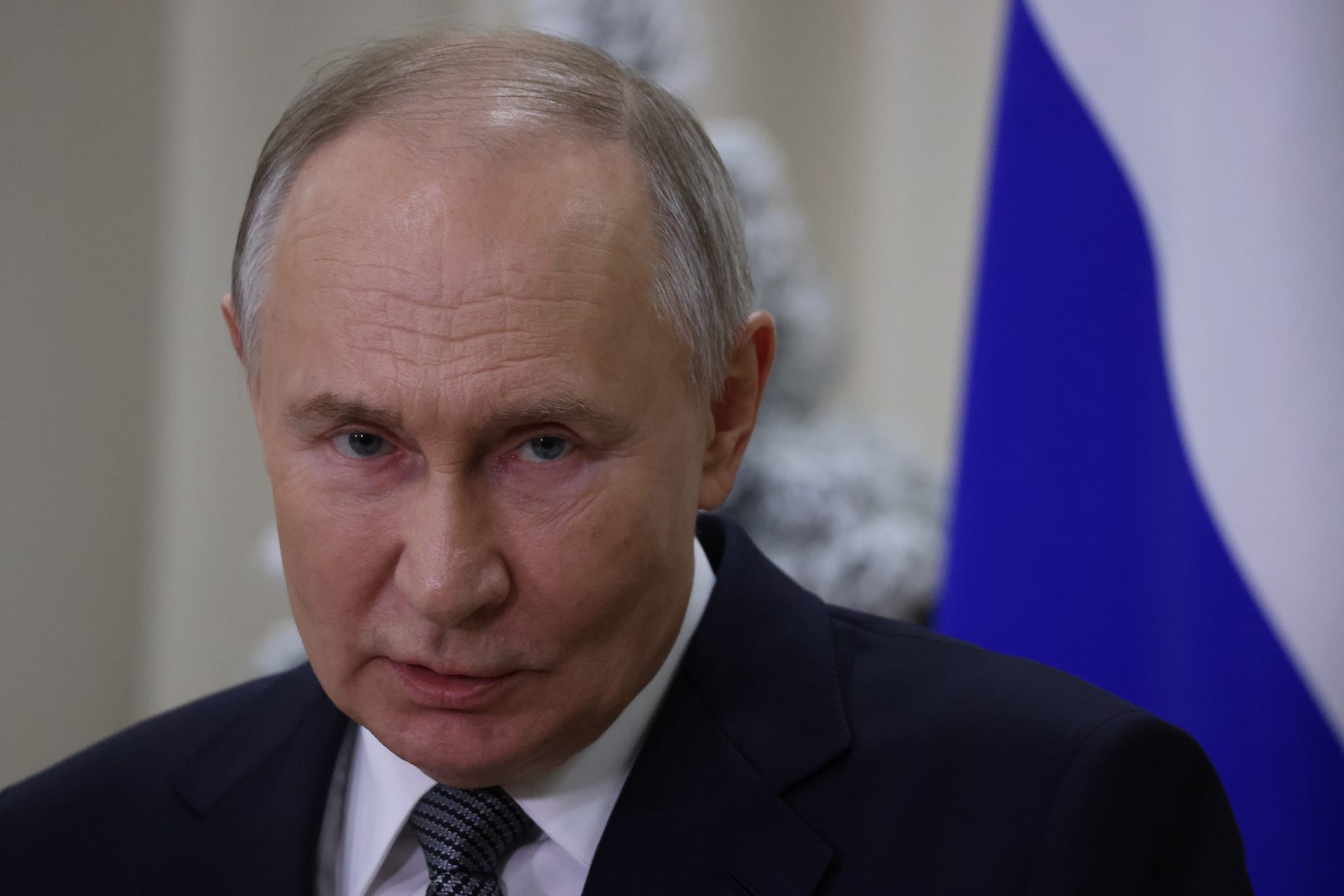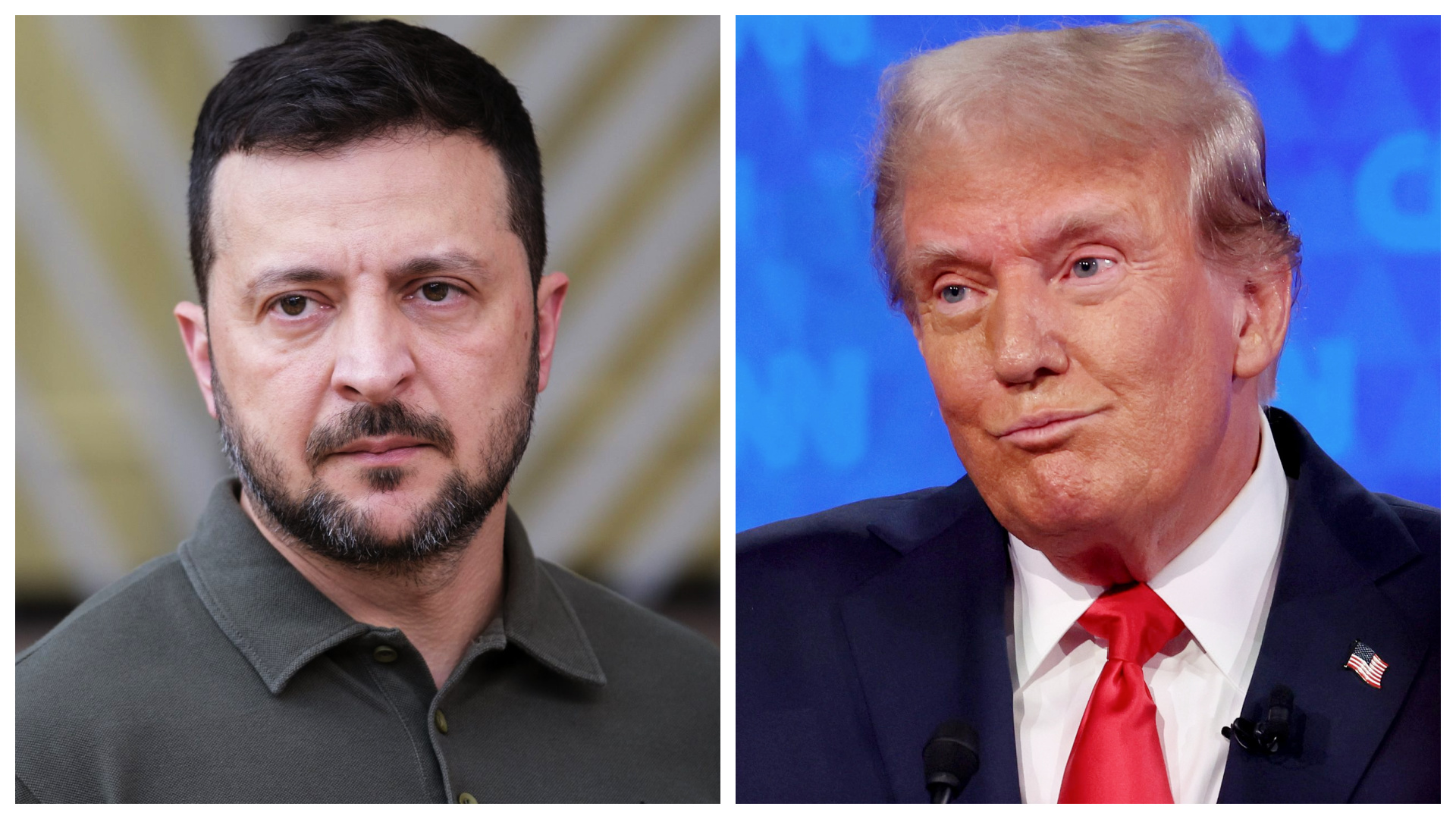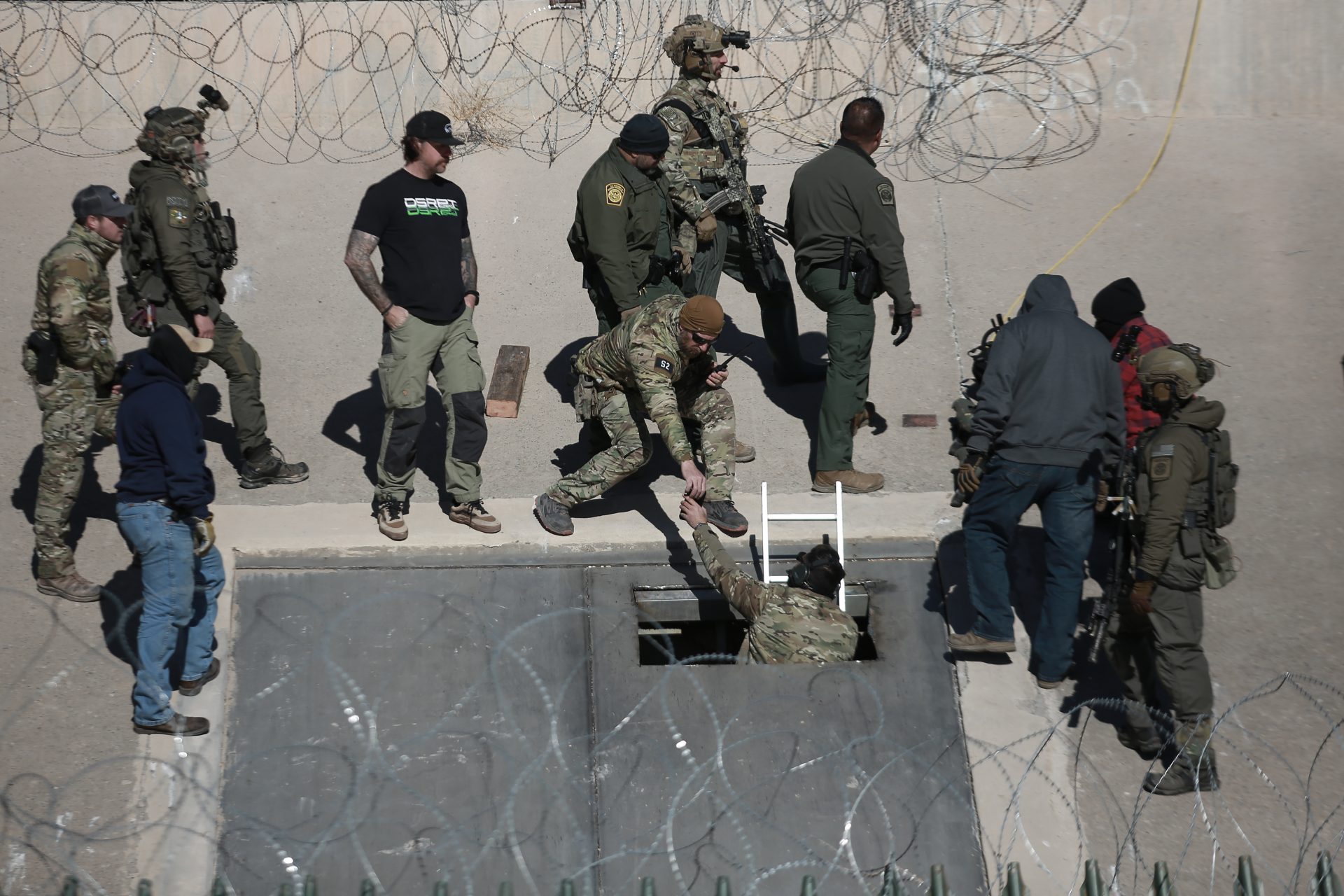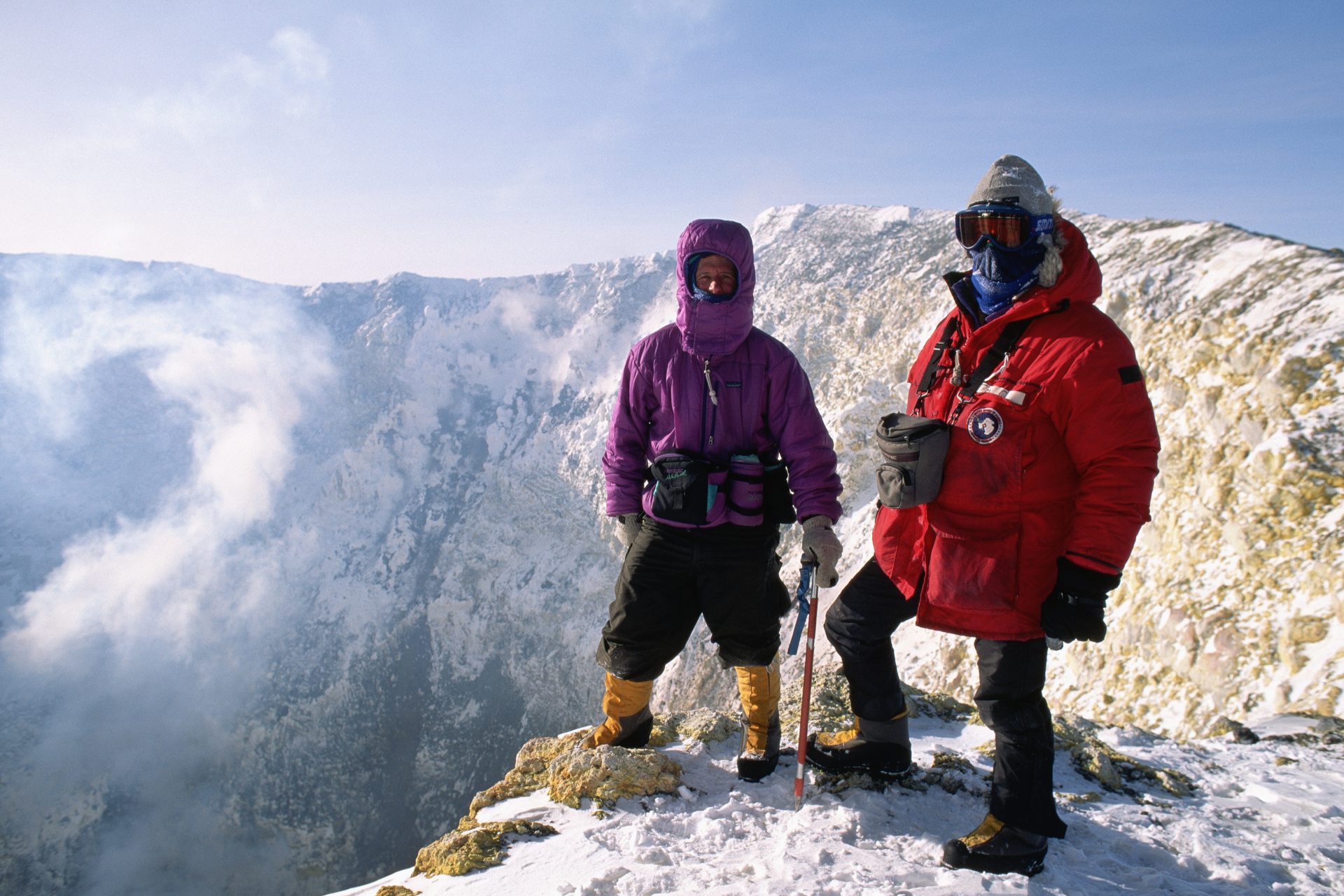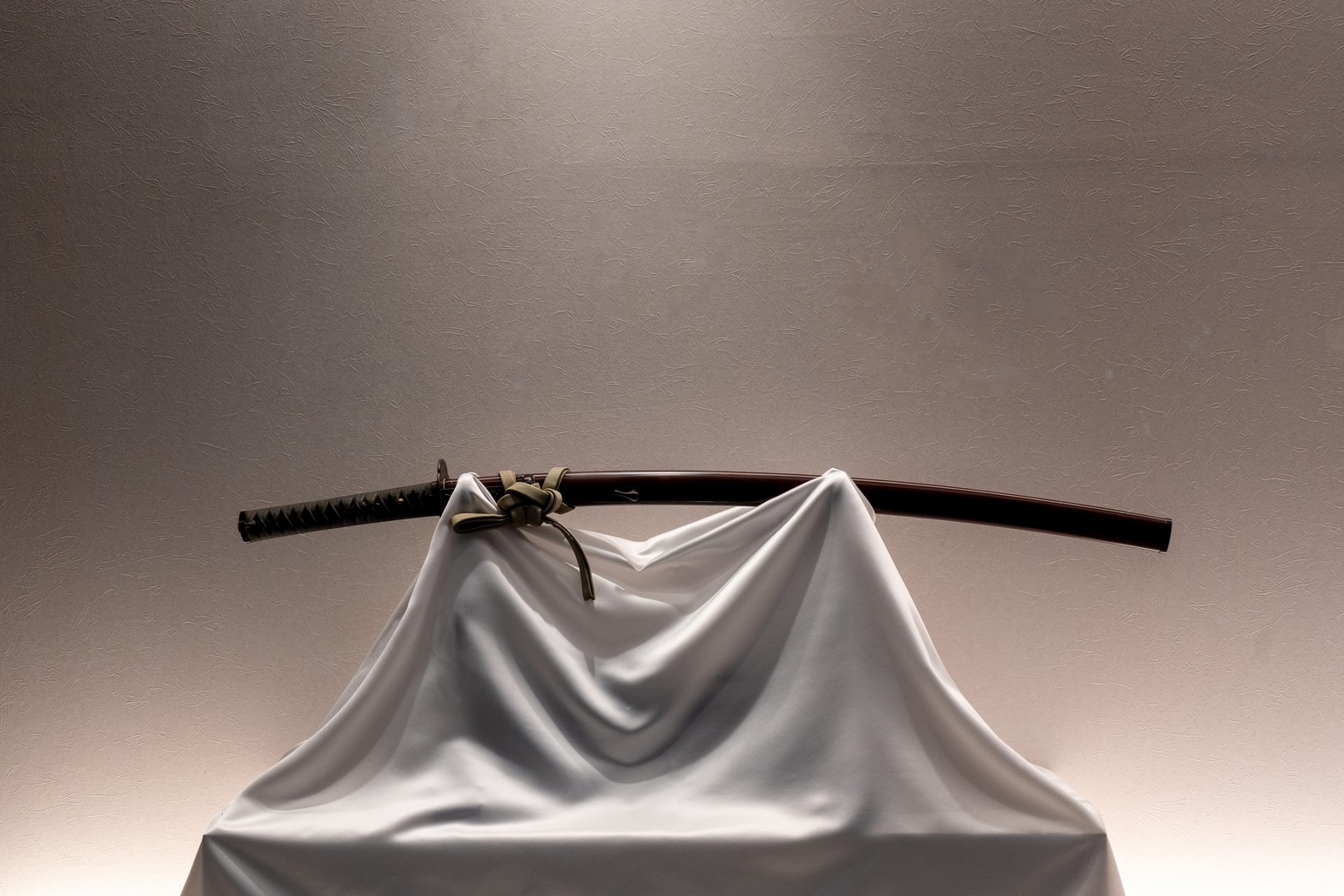Should you not have kids because of climate change?
Our planet, currently on a carbon binge thanks to an economic system sustained by consumerism is teetering on the brink of climate disaster. This has sparked a interesting debate — should the stork visits be put on hold for the sake of mother earth? Here's what's happening...
In November 2023, researchers at the University College London published the first major review about how concerns about climate change are affecting reproductive choices. The analysis of surveys from around the world found that 12 out of 13 studies agreed that stronger concerns about climate change were associated with a desire for fewer children.
Image: The Leftovers Intro/HBO
Zooming into the US, a 2018 survey for the New York Times looking at this question revealed that 33% of childfree adults surveyed said their choice came down to worry about climate change. A Morgan Stanley analysis found that this trend is “growing and impacting fertility rates quicker than any preceding trend in fertility decline.”
Indeed, several activist groups are dedicated to encouraging people to rethink family planning in the face of climate change. In the US, there’s Conceivable Future. In Canada, there’s the No Future, No Children climate movement. In the UK, there’s BirthStrike for people afraid to have kids due to the environmental crisis. Here are some of the movement’s reasons…
Let's talk numbers. In 2017, scientists at Oregon State University published a paper estimating that each child born in the US would lead to thousands of tons of CO2. Choosing not to have a child would save 60 metric tons per year — way more than other actions like living without a car (2.4 tons of emissions avoided) or skipping a transatlantic flight (1.6 tons avoided).
Climate anxiety is a real phenomenon. And with world-class climate scientists warning that if we don’t take action to stop climate change today the future could be catastrophic, it makes sense. As this anxiety seeps into all aspects of life, it is also increasingly pervasive when it comes to reproduction.
Image: Climateworrier3/Twitter
The University College London review found that there was less of a concern about overpopulation. Instead, those opting to go child-free or have fewer children due to the environment were more concerned about the impact individuals have within a capitalist and materialist system. Beyond Co2, these concerns spread to the impact on biodiversity and pollution.
Many of those opting to stay childfree used language like “bleak” and “doomed” to describe the future, according to the University College London study. Many people are devastated that future generations may not be able to enjoy aspects of nature like skiing, while others just don’t want to have to raise a child in a post-apocalyptic scenario or an uninhabitable planet.
Image: The Intergovernmental Panel on Climate Change (IPCC)
In two studies in Africa, respondents said that climate change was already affecting their families' ability to subsist in the context of droughts or other environmental issues. Therefore, many people believe that smaller families are easier to keep alive and thrive when there are challenges in meeting subsistence needs. However, another study also found that this could lead others to want more children to help find resources.
The No Future, No Children movement, for instance, is not about the desire to stay child-free. Instead — reproduction is seen as a political tool of the young to pressure societies to take action. “Even though I want to have children more than almost anything, I am pledging not to, until the government takes the climate crisis seriously,” Emma Lim, an 18-year-old, said in Canada’s Parliament in 2018.
However, some in the environmental community say that the idea that it is “selfish” to have children amid climate change puts people on the slippery slope to eco-fascism. Environmental influencer plantawhisperer on TikTok says not only does it go against reproductive autonomy, but that population size arguments have been debunked and are rooted in eugenics. “It sounds like you literally just want to wipe the planet of humans,” she said.
Image: plantawhisperer/TikTok
Adding some nuance to the discussion, climate activists suggest that the real problem isn’t humanity in general; it’s the richest 10%. One Oxfam report suggests that the richest decile contributes 49% of emissions, while the poorest 50% of people are responsible for only 10%. A later study found the richest billionaires emit more than a million times the average than someone in the poorest 10%.
Infographic: Oxfam, Extreme Climate Inequality
While capitalist societies don’t have great track records when it comes to helping the planet, humans have shown for hundreds of thousands of years that they can live in harmony with nature. For instance, a study published in Nature suggests that, for over 8,000 years, people in the Amazon rainforest farmed it to make it more productive and biodiverse.
Other researchers suggest that the carbon footprint of a child born today is highly dependent on the green transition. If the US meets its climate goals, the average child there would have a carbon footprint of 2.8 tons, compared to 10 tons if business as usual continues. Meanwhile, someone born in 1950 is expected to have an average annual footprint of 19.2 tons, according to the Washington Post. In other words, it’s a political problem — not a population problem.
Another argument against a reproductive strike is that future generations are not doomed. “The best estimates we have suggest that across most of human history, 27% of infants didn’t survive their first year and 47% of people died before puberty. And life was hard, even if you were lucky enough to live it… No mainstream climate models suggest a return to a world as bad as the one we had in 1950, to say nothing of 1150,” writes columnist Ezra Klein in the New York Times.
Another strong argument against childfree for the climate proponents is that children are not just passive consumers born to gobble up resources. If you teach them right, they could change the world, whether through activism, politics, or technological inventions. What if Greta Thunberg’s parents decided having a kid was bad for the world?
More for you
Top Stories



